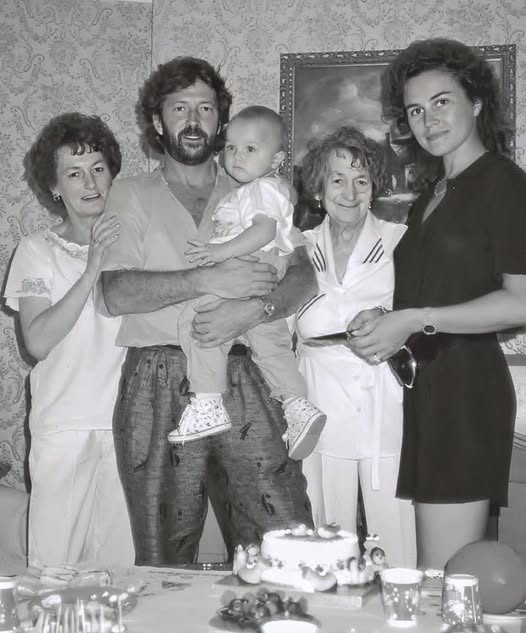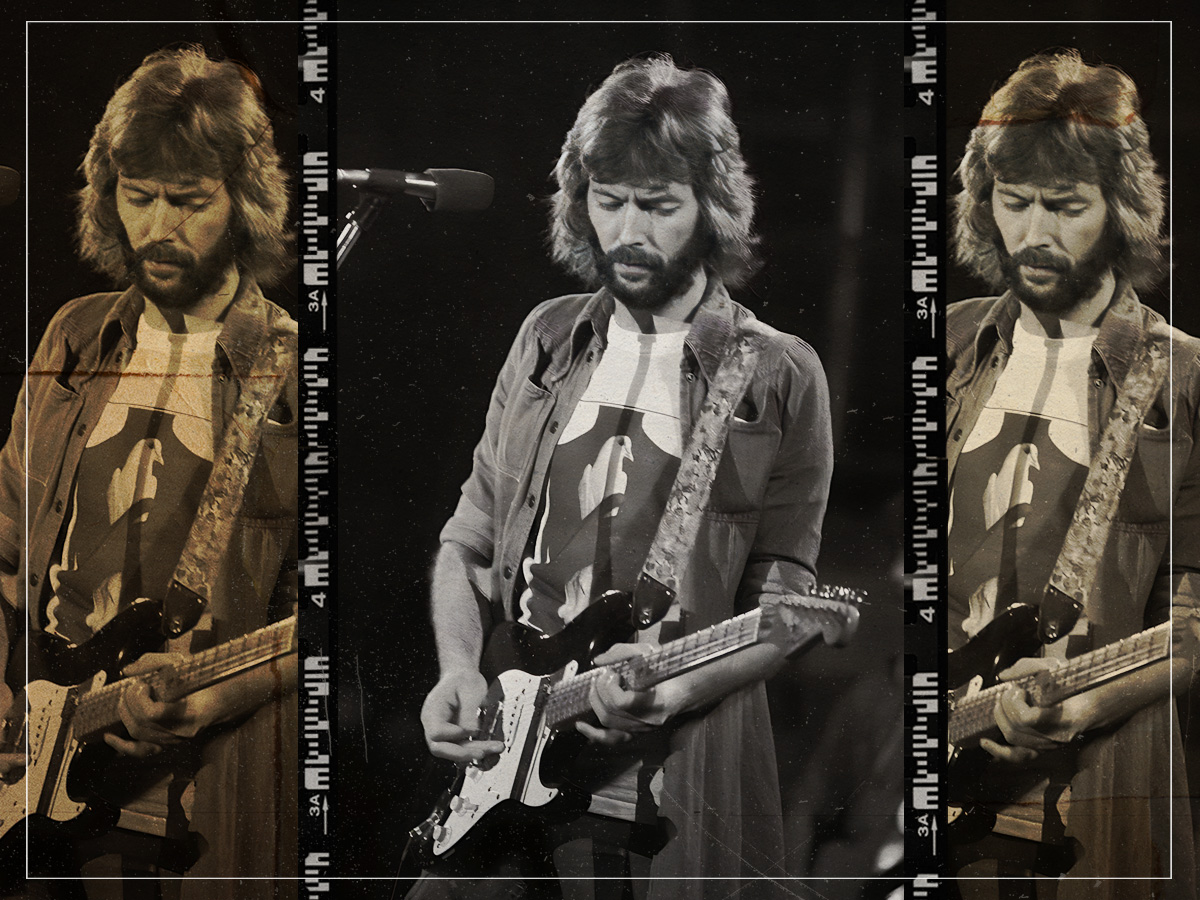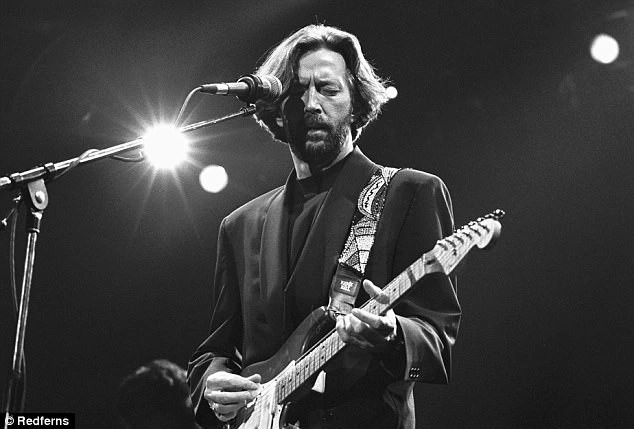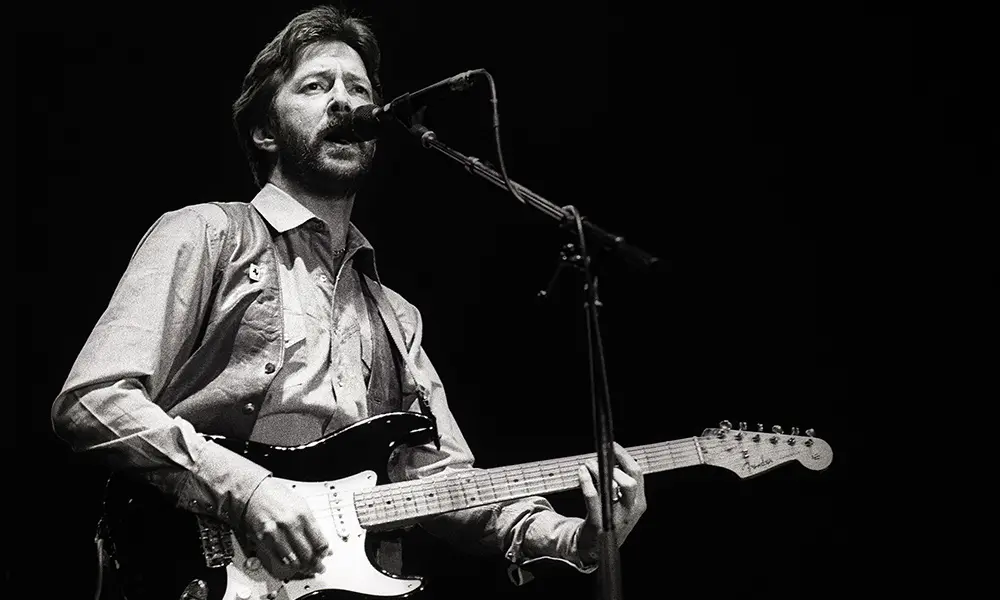On March 20, 1991, Eric Clapton faced an unimaginable tragedy

On March 20, 1991, Eric Clapton faced a heartbreak no parent should ever endure: his beloved 4-year-old son, Conor, tragically fell from the 53rd floor of a New York skyscraper. The loss left Clapton utterly grief-stricken, forcing him to retreat from the world in his deepest sorrow. But in the midst of his anguish, Clapton turned to the one outlet that had always been his refuge—music. From this heartbreaking tragedy came “Tears in Heaven”, one of the most poignant and sorrowful ballads in rock history.
The loss left Clapton utterly grief-stricken, forcing him to retreat from the world in his deepest sorrow. But in the midst of his anguish, Clapton turned to the one outlet that had always been his refuge—music. From this heartbreaking tragedy came “Tears in Heaven”, one of the most poignant and sorrowful ballads in rock history.
Reflecting on the song, Clapton once said, “I hardly play it anymore. It was a conversation with my son. I don’t need it anymore, because now I can talk to him in other ways.” The raw emotion in those words speaks to how deeply music can connect us to our loved ones, even after they’re gone.
Every single note of “Tears in Heaven” is a reflection of an unbearable loss, and as we listen, we’re reminded that even the greatest legends, like Clapton, are not immune to the deepest of pains. His music became more than just a melody—it was a catharsis, a bridge to healing, and a way to survive the grief that threatened to overwhelm him.
In our darkest times, sometimes music is all we have to help us cope, to keep the conversation going with those we’ve lost, and to find a path back to the light. Eric Clapton’s raw vulnerability through “Tears in Heaven” is a powerful reminder that healing doesn’t come easy, but it does come—and sometimes, it comes through the music we create.











